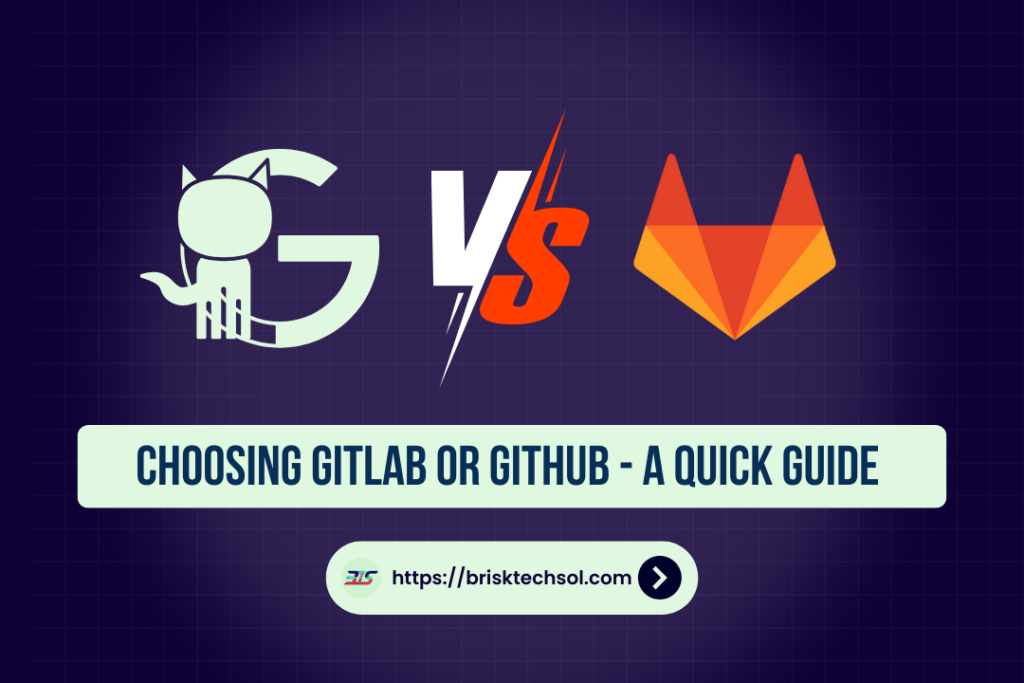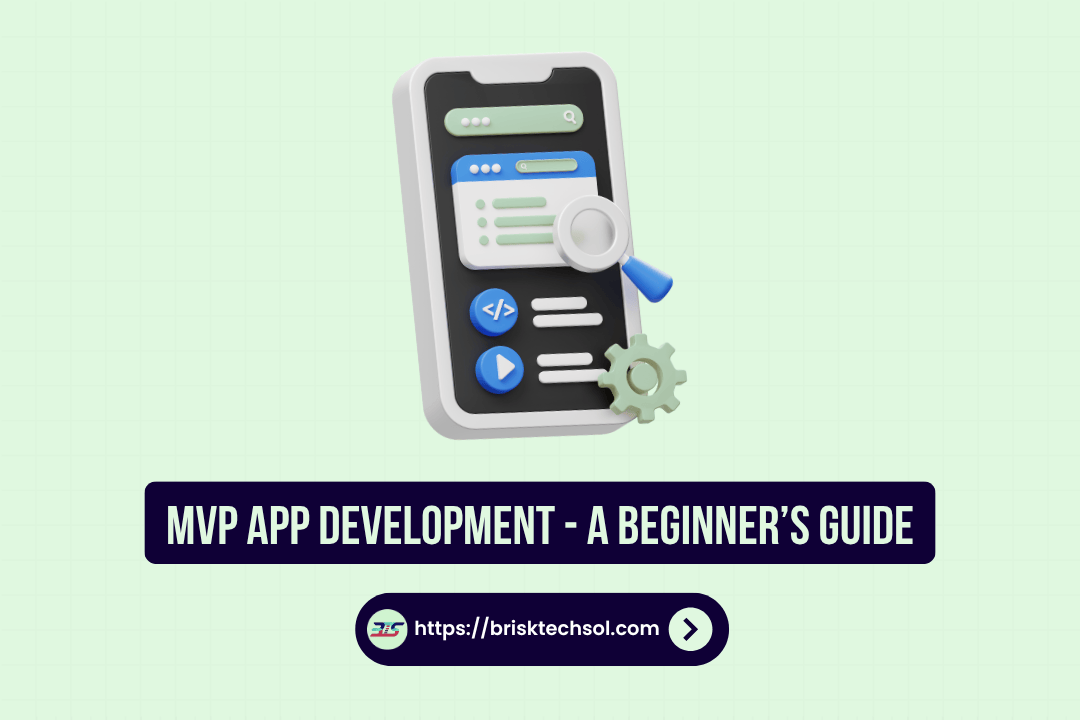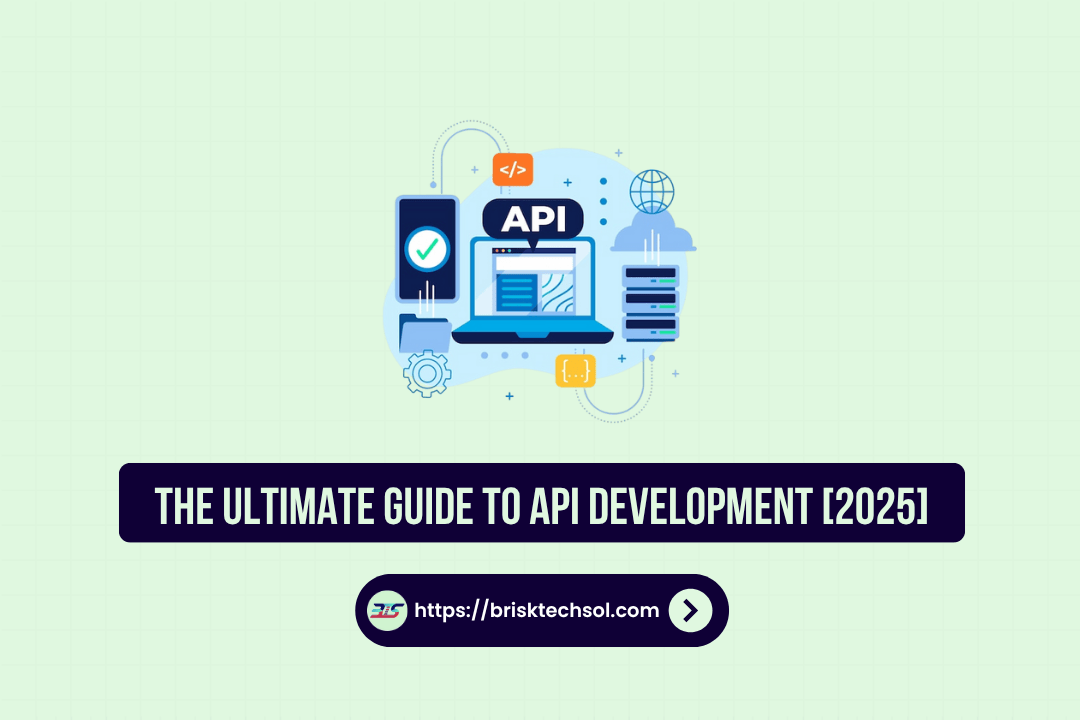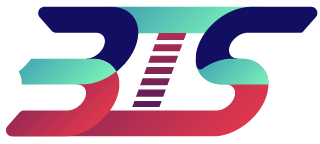Imagine choosing the right collaboration platform that fits your software development needs perfectly. GitLab and GitHub are two of the most popular code hosting platforms, each with its own strengths and unique features. In this guide, we’ll dive deep into the key differences between GitLab and GitHub. Whether you’re a developer, team lead, or project manager, understanding these differences will help you choose the platform that best supports your workflow and project goals.
Overview of GitLab and GitHub
Both GitLab and GitHub are web-based Git repositories that allow developers to collaborate on projects. However, they have evolved over time to offer additional features that cater to different aspects of the development lifecycle.
What Is GitHub?
GitHub, founded in 2008, quickly became the go-to platform for open-source projects and collaborative coding. Its intuitive interface, robust community, and extensive integrations have made it the most popular code hosting service globally.
- Community Focus: GitHub is known for its vast community and is a hub for open-source collaboration.
- Ease of Use: With a user-friendly interface, GitHub makes it easy for new users to get started.
- Ecosystem: Thousands of integrations, apps, and a marketplace enhance its functionality.
What Is GitLab?
GitLab, also founded in 2011, started as an open-source project and has grown into a comprehensive DevOps platform. GitLab offers a complete CI/CD pipeline, project management tools, and security features integrated into one platform.
- All-in-One Platform: GitLab is known for its integrated approach, covering the entire DevOps lifecycle.
- Self-Hosting Option: Offers both cloud-hosted and self-managed options for enhanced control.
- Flexibility and Customization: Provides extensive customization options for CI/CD pipelines and workflows.
Core Features Comparison
Understanding the core features of GitLab and GitHub helps in determining which platform aligns with your project’s needs.
Version Control and Repository Management
Both platforms offer robust version control using Git. They allow developers to create repositories, manage branches, and collaborate via pull requests (GitHub) or merge requests (GitLab).
- GitHub:
- Focuses on pull requests for code review.
- Strong community features like stars, forks, and GitHub Sponsors.
- GitLab:
- Emphasizes merge requests integrated with built-in CI/CD pipelines.
- Offers advanced repository management with project-level visibility and customizable workflows.
Continuous Integration/Continuous Deployment (CI/CD)
A major difference lies in their approach to CI/CD.
- GitHub Actions:
- GitHub provides Actions as a built-in CI/CD tool.
- Allows workflows to be defined using YAML files, with extensive community-built templates.
- Integrates well with GitHub’s ecosystem, but advanced features may require additional configurations.
- GitLab CI/CD:
- GitLab’s CI/CD is deeply integrated into the platform.
- Provides a complete, out-of-the-box pipeline solution that covers build, test, and deploy stages.
- Offers granular control over pipelines, parallel job execution, and advanced scheduling features.
Issue Tracking and Project Management
Effective project management and issue tracking are crucial for team collaboration.
- GitHub Issues:
- Offers basic issue tracking with labels, milestones, and project boards.
- Recently enhanced with GitHub Projects, integrating kanban boards and task tracking.
- GitLab Issues:
- Provides a robust issue tracking system with built-in time tracking, epics, and roadmaps.
- Integrates deeply with CI/CD and repository management, allowing for seamless task assignment and progress tracking.
Security and Compliance
Security features are critical for enterprise projects.
- GitHub:
- Offers security alerts, dependency scanning, and secret scanning.
- Provides code scanning tools integrated into GitHub Advanced Security (for enterprise users).
- GitLab:
- Includes built-in security features such as static application security testing (SAST), dynamic application security testing (DAST), and container scanning.
- Offers compliance management tools for regulatory standards, making it a strong choice for organizations with strict security requirements.
Pricing and Plans
Cost is often a determining factor when choosing a platform. Both GitHub and GitLab offer free and paid plans with different levels of functionality.
GitHub Pricing
- Free Tier:
- Unlimited public/private repositories.
- Limited access to GitHub Actions minutes and storage.
- Pro and Team Plans:
- Enhanced collaboration features, more Actions minutes, and advanced security tools.
- Enterprise:
- Tailored solutions for large organizations with premium support and advanced management tools.
GitLab Pricing
- Free Tier:
- Full access to core features, including integrated CI/CD, issue tracking, and basic project management.
- Premium and Ultimate Plans:
- Advanced CI/CD, security scanning, and enhanced support.
- Enterprise-level features for compliance, scalability, and collaboration.
Comparison Table:
| Feature/Plan | GitHub Free | GitLab Free |
|---|---|---|
| Repositories | Unlimited public & private | Unlimited |
| CI/CD | Limited GitHub Actions minutes | Fully integrated CI/CD |
| Issue Tracking | Basic issue tracking | Robust, integrated management |
| Security | Basic security alerts | Advanced SAST/DAST in higher tiers |
| Enterprise Options | Available with advanced security tools | Extensive enterprise features |
GitLab’s free tier is more comprehensive for teams needing integrated CI/CD and project management, while GitHub’s free tier is popular for its community and open-source support.
Collaboration and Community
Collaboration features are vital for teams working together on projects.
GitHub’s Collaboration Strengths
- Pull Requests:
- Streamlined review processes and inline comments.
- Social Coding:
- Stars, forks, and GitHub Sponsors create a vibrant community.
- Integration Ecosystem:
- A vast marketplace for third-party tools and integrations enhances productivity.
GitLab’s Collaboration Strengths
- Merge Requests:
- Integrated with GitLab’s CI/CD for seamless code review and deployment.
- Built-In Project Management:
- Issues, epics, and roadmaps are integrated to keep teams on track.
- Self-Hosting Capabilities:
- Allows organizations to host GitLab on their own servers for greater control.
User Experience and Interface
The ease of use and overall user experience can greatly affect productivity.
GitHub’s Interface
- Clean and Intuitive:
- GitHub’s interface is known for its simplicity and ease of navigation.
- Community-Oriented:
- Designed to promote collaboration and open-source contributions.
- Learning Curve:
- Generally beginner-friendly with extensive documentation and tutorials.
GitLab’s Interface
- Integrated Workflow:
- GitLab’s interface is designed to manage the entire DevOps lifecycle from a single dashboard.
- Customization:
- Offers more customization options for dashboards and workflows.
- Complexity:
- May require a steeper learning curve for teams new to integrated DevOps platforms.
Deployment Options
How you host your projects and the control you have over them can be a deciding factor.
GitHub Deployment
- Cloud-Based:
- GitHub is primarily a cloud-based service.
- GitHub Enterprise:
- Offers an on-premise option for organizations that require enhanced security and control.
- Integration with CI/CD:
- Supports GitHub Actions for automated deployment pipelines.
GitLab Deployment
- Cloud and Self-Hosted Options:
- GitLab offers both cloud-hosted and self-managed versions, giving you full control over your environment.
- Comprehensive CI/CD:
- GitLab CI/CD is integrated into both cloud and self-hosted solutions, making it versatile for different deployment needs.
- Enterprise-Grade Solutions:
- The self-managed option is popular among enterprises for its customization and compliance benefits.
Final Thoughts
In the battle between GitLab and GitHub, there is no one-size-fits-all answer. Your choice should be driven by your specific needs whether that’s community engagement, complete DevOps integration, or the flexibility to self-host. Both platforms offer powerful tools to streamline your development workflow. Choose wisely, and let your team collaborate and innovate with confidence.
FAQs
1. What is the main difference between GitLab and GitHub?
GitHub is known for its vast open-source community and simple collaboration tools, while GitLab provides a full DevOps lifecycle solution with integrated CI/CD and project management features.
2. Which platform is better for enterprise use?
GitLab often excels in enterprise environments due to its self-hosted options, advanced CI/CD pipelines, and extensive customization capabilities, though GitHub Enterprise also offers strong features.
3. Can I integrate GitLab or GitHub with my existing tools?
Both platforms offer extensive integrations with popular third-party tools, enabling seamless workflows with CI/CD pipelines, project management, and security applications.
4. How do the pricing models differ?
GitHub and GitLab both offer free and paid tiers. GitHub’s free tier is popular among open-source projects, while GitLab’s free tier is more comprehensive for teams needing integrated CI/CD and project management. Enterprise options vary based on specific requirements.
5. Which platform is easier to use for beginners?
GitHub is often considered more beginner-friendly due to its intuitive interface and extensive community resources, whereas GitLab’s integrated approach may require a steeper learning curve initially.









